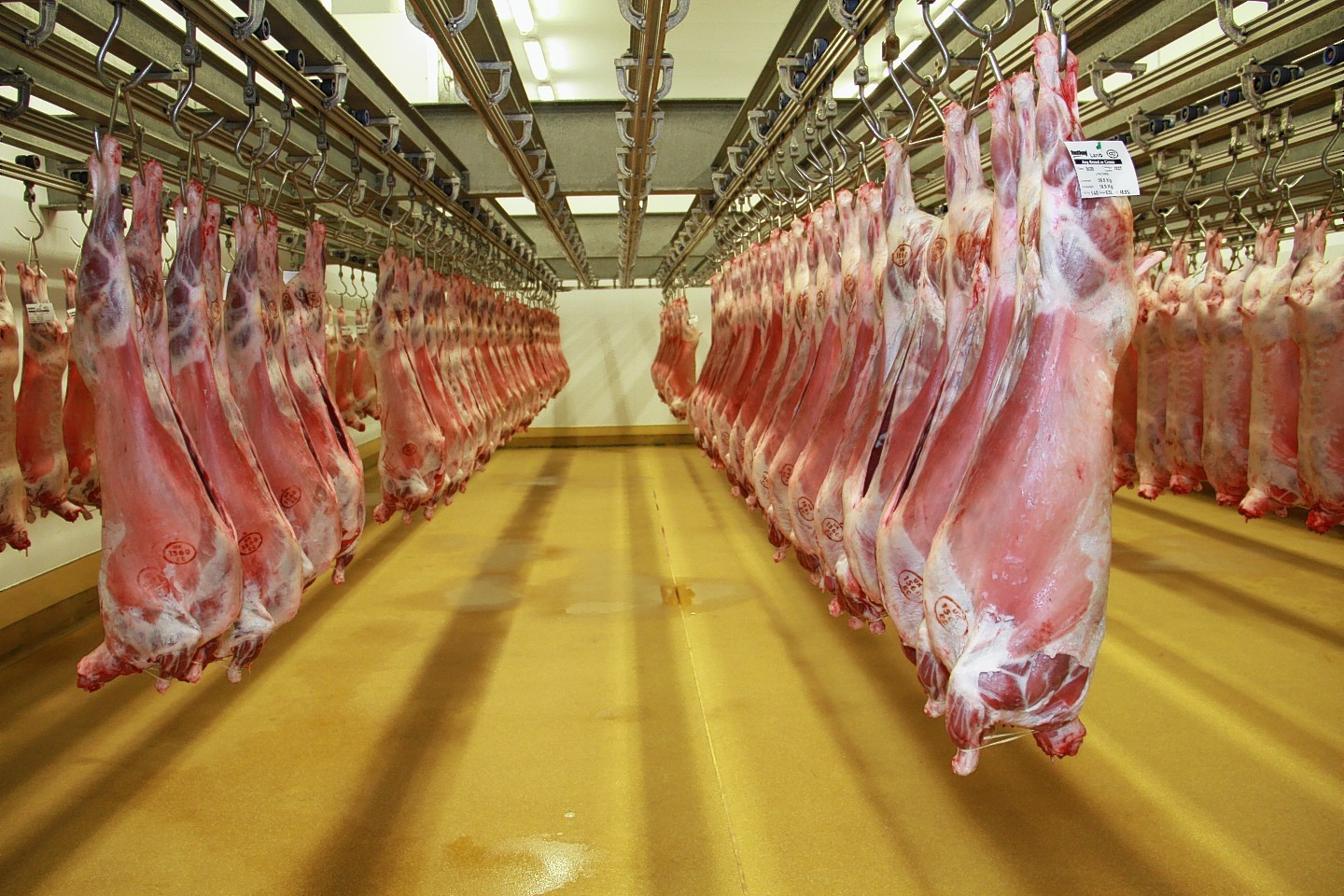The next 12 months will determine whether or not Scotland’s meat sector will float or sink under the conditions of the new Cap regime, according to the Scottish Association of Meat Wholesalers.
The association has warned 2015 will be a crunch year for the sector.
“The unveiling of Scotland’s Beef 2020 plan and the final settlement of Cap reform will always mark 2014 as a significant year in the continued development of the country’s meat product ambitions,” said the association’s president Alan McNaughton.
“The lasting value of the past year’s work, however, will only really be revealed once we see how primary production numbers work out in 2015 and beyond.”
He said processors had been looking for an “upturn in raw materials” for the past five years, with the need for producer confidence becoming more urgent every year.
A potential delay to farmers’ subsidy payments in 2015 could create the risk of damage being done to the industry’s future production capacity, warned Mr McNaughton.
He added: “Once market outlets are lost, for whatever reason, the rebuilding process often proves extremely difficult due to damaged buyer confidence, reduction of essential infrastructure and the inevitable reality that someone else will no doubt have stepped in to fill the gap. We cannot and must not allow that to happen to Scotland’s livestock sector.”
Meanwhile, the Scottish Beef Association has predicted improved prices for farmers next year as a result of an anticipated shortage in cattle numbers.
Chairman Scott Henderson said: “Although it is difficult to predict precisely what is going to happen to the beef market in the short term, the outlook for the industry in 2015 is forecast to be more settled than the previous 12 months.
“In the UK in 2013 and early parts of 2014 we saw increased numbers of dairy-bred bull calves being shot at birth so this should have a positive effect on beef prices in 2015. The fall in cereal prices in the latter half of 2014 however is likely to see more black and white bulls being reared to come on the market towards the end of 2015 and into 2016. The fall in cereal prices is also likely to result in an overall increase in carcase weights by about 5-8kg.”
He called on more supermarkets to commit to stocking British beef, and said the product needed to be affordable for consumers.
“Educating and informing customers will play an important part in the future of the industry. A trend for consumers to move away from supermarkets back to butchers should be encouraged as part of efforts to persuade more people to buy and eat British beef,” added Mr Henderson.
“In order to boost sales, we need to have sensible prices that are affordable for consumers. It’s important that as farmers we are realistic.”
